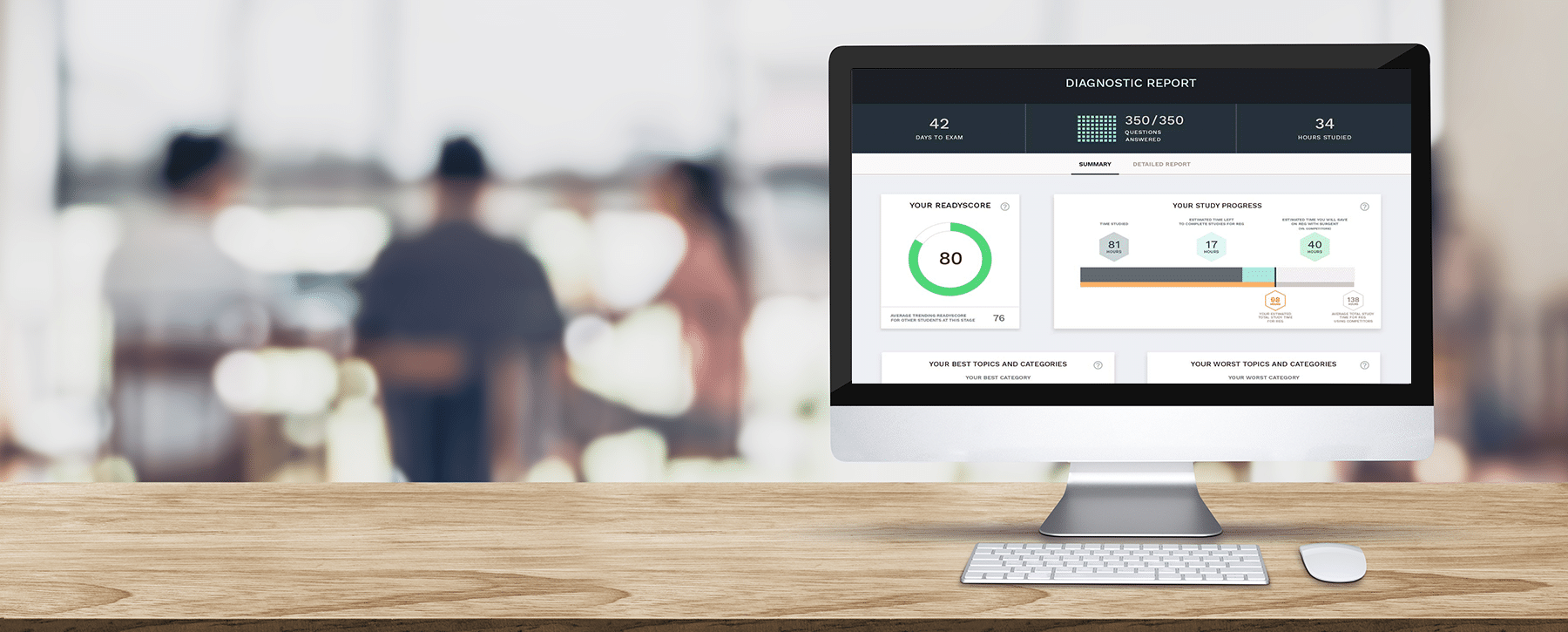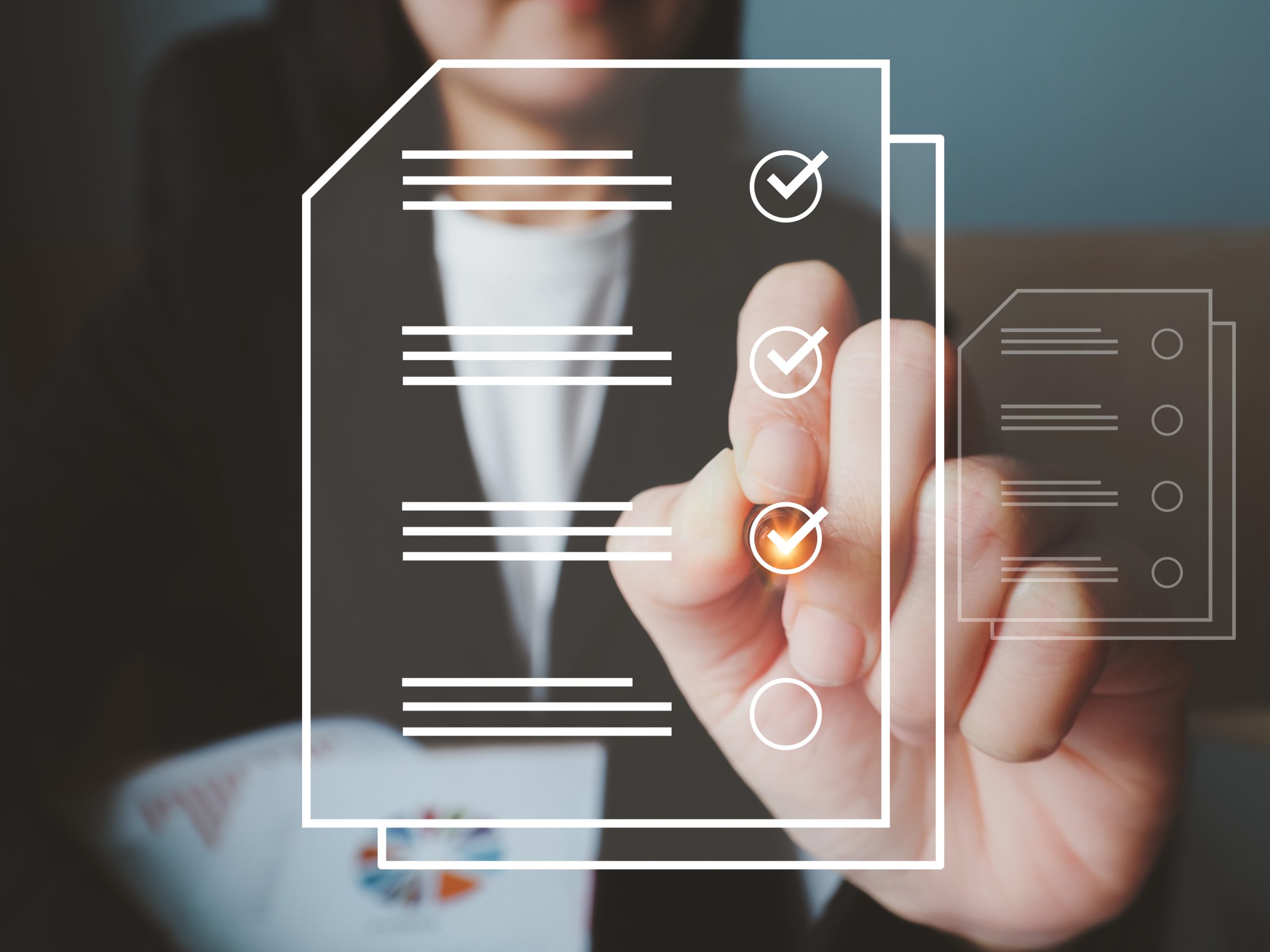The CPA credential is one of the most respected licenses within the United States and among global companies doing business in the U.S. As the name suggests, a certified public accountant (CPA) serves to protect the public interest.
Because of this important responsibility, there are several qualifications and requirements that anyone interested in becoming a CPA must meet. Most people considering CPA licensure know about the CPA Exam, but there are several other necessary steps and requirements to keep in mind – some of which vary by location.
Why become a CPA?
The CPA license signifies a deep understanding of business operations and demonstrates your commitment to integrity, independence, and competence. The CPA license can also provide a boost to your income. Many firms pay bonuses to associates who pass the CPA Exam, and CPAs often advance more quickly than other accountants. In addition, independent CPAs usually charge clients more. CPAs have various career options within public accounting firms and most other organizations.
General requirements
Unlike many other credentials, passing an exam alone is insufficient to become a licensed CPA. The certification requires additional education and work experience. Requirements to become a CPA vary by state or jurisdiction. Visit our list of state requirements to become a CPA to learn more.
Your checklist to becoming a CPA
Satisfy educational requirement
Again, these vary by state. Be sure to know the guidelines in your area.
Choose a CPA Review course
CPA review courses often mean the difference between passing and having to retake your CPA Exam. Explore different options and features to find the best course for your studying style.
Study for your exam
On average, CPA candidates study roughly 200 hours per exam section or 800 hours. The exam’s four sections cover a lot of content; however, most candidates come to the test with significant background knowledge from accounting classes in college and graduate school or on-the-job learning. Surgent’s course helps you leverage existing knowledge to focus your study time on topics you need to learn, thereby reducing your study time. Check out our study tips recommended for anyone working to pass the CPA Exam.
Pass all sections of the exam
Learn more about the sections and content of the CPA Exam, including the core sections and discipline options.
Obtain your license
After you pass all four parts of the CPA Exam (congrats!), you’ll work through your state board to obtain your license. Check out our state-by-state guide for links to each state and jurisdiction.
Frequently asked questions
Do I need a graduate degree to become a CPA?
This requirement depends on the state where you’re planning to get your CPA license. Some states require a master’s degree and/or 150 hours, equivalent to the 120 credit hours of a bachelor’s degree plus the 30 credit hours of a master’s degree in Accounting. The best course of action is to visit your state board’s website to see the education requirements to both sit for the exam and become licensed. You can also search NASBA’s website for your particular state, where you’ll find a wealth of information regarding the requirements to become licensed.
How long does it take to become a licensed CPA?
How long it takes to become a Certified Public Accountant varies by the individual CPA candidate and the candidate’s specific state requirements. All candidates must meet specific education, exam and work experience requirements to obtain their CPA License.
All states require some form of post-secondary education, often in the form of a bachelor’s degree in accounting. Some states allow candidates to become licensed without an accounting degree. However, they still require completing a four-year postsecondary degree program (such as finance or business administration) and a specific number of credit hours in accounting. Many states now require candidates to have 150 credit hours and/or a master’s degree to become licensed. Between the bachelor’s degree in accounting and the potential master’s degree, candidates are looking at somewhere between four and five years of schooling before they meet the education requirements. Again, this may be slightly more or less depending on the candidate.
For the exam requirement, candidates have an 18-month window to take and pass all parts of the CPA Exam; some candidates may take the full 18 months or more, while others may take less time. In some states, the CPA candidate can take the exam before finishing their bachelor’s degree; in other states, an individual can take it concurrently with their master’s degree. Overall, we estimate it takes a candidate one to two years to pass the exam.
Lastly, the work experience requirement varies from state to state. Some states require one year – or 2000 hours – of experience, while others require more. These hours must usually be completed under a licensed CPA’s supervision, often in public accounting or financial accounting. This experience can occur while a candidate is in school or taking the CPA Exam. If we total these amounts, it will take a candidate an average of five to 10 years to become a CPA. Again, it truly depends on the candidate and the requirements they must complete. To better understand your state’s specific requirements, we recommend checking out your particular state board’s website.
How much does the CPA Exam cost?
For information on the costs of becoming certified, refer to our resource CPA Exam Day: Things to Know
How will I study while working full-time?
While working full time and studying for the CPA Exam is difficult, it is possible. With a little organization and help from the right exam review materials, you’ll be applying for your CPA license in no time. First, create a streamlined and consistent schedule, adding work and study time to each day. The key is to stay as consistent as possible; don’t let your schedule veer too far off course during any given week.
Next, find CPA Exam review materials that do much of your admin work for you. (Anything you must do on top of studying is considered admin work.) Consider exam review materials with adaptive learning technology. This tool can help you plan out a study schedule up to exam day, show you what you need to study each day and help you learn more efficiently (which means you’ll pass the exam with less study time).
Lastly, find your “why” for passing the CPA Exam. Is it to make more money? To support your family? To make a specific career move? Get to the bottom of why you want to take and pass the exam, and then focus on your “why” to help you maintain momentum as you work toward achieving your goal.






